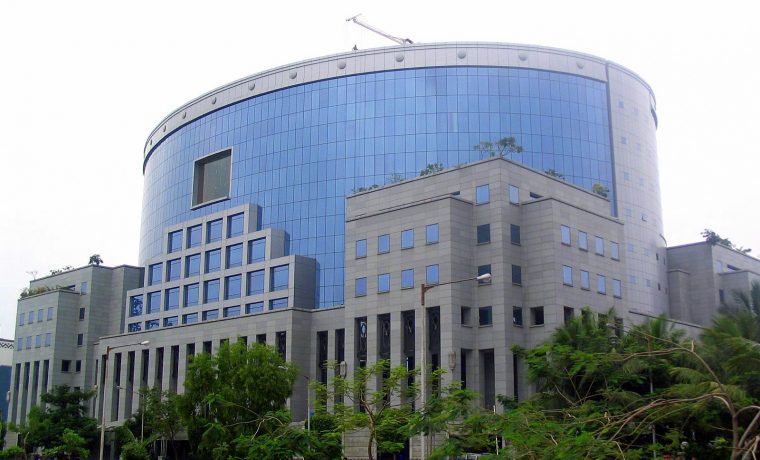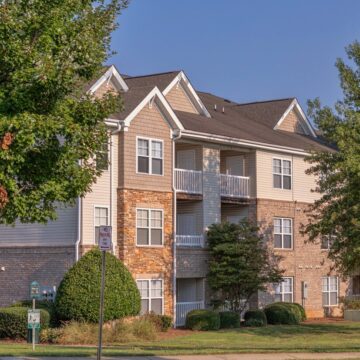Whether you are expanding your business’ location in Del Mar or moving to a new one, leasing commercial space is a significant step in growing your business. However, a commercial lease can be complicated as it involves different conditions and contingencies with legal and financial implications for you and your landlord. This makes it important to read the fine print and know what you are agreeing to. Make sure to consider the following before you sign a commercial lease:
Lease Inclusions
Your main consideration is the rental rate; however, you should also know what that includes. Commercial leases are available in a variety of formats, depending on the way the operating expenses of the building are passed on to you. Before you secure a Del Mar office space for lease ensure you understand the proposed lease structure and what you would be responsible for paying as a tenant. If the contract requires you to pay expenses, ask your landlord for cost projections, so you can plan.
The Lease and Renewal Terms
Typically, commercial leases run for a term of 5, 7, or even 10 years. This ensures occupancy for the landlord and possible tenants may have to enjoy lower rental rates over a longer period.
By choosing a short-term lease of one or two years, you will have more business flexibility. However, make sure you are ready for new terms when the lease expires. Sit down with the landlord to discuss the option to renew upfront and ensure the lease document clearly articulates the renewable terms. This must include the term’s length and how the renewal rate will be calculated.
How Improvements Will be Handled
Once you start renting a commercial space you may want to make changes or improvements to customize the space so it will work for your business. To establish a lease agreement, you must negotiate “build-out” requirements like carpeting, custom cabinets, building walls, and others. Ensure every detail is spelled out including the specific changes that will be made, the cost, who will pay for them, and who will own them when your lease term ends.
Your Insurance Obligation
Your commercial lease must clearly state the type of commercial insurance you must have. Often, the landlord buys insurance for the building and common areas while your commercial property insurance covers your rental space and its contents. Your insurance includes the property of your business such as equipment, furniture, and inventory. Also, it may include improvements made to the premises.
What to Expect When the Lease is Broken
When you break a commercial lease, you could be responsible for rent payments for the rest of its terms. Also, you will face other penalties that can vary based on your location and the real estate laws of the state.
You can reduce your liability by ensuring your lease includes a break clause that defines terms for getting out of the lease and the amount of any penalties you must pay. Consider negotiating your right to transfer or assign your lease to a new owner or sublet a part or all of the space when you have to move or sell your business, for instance.
















